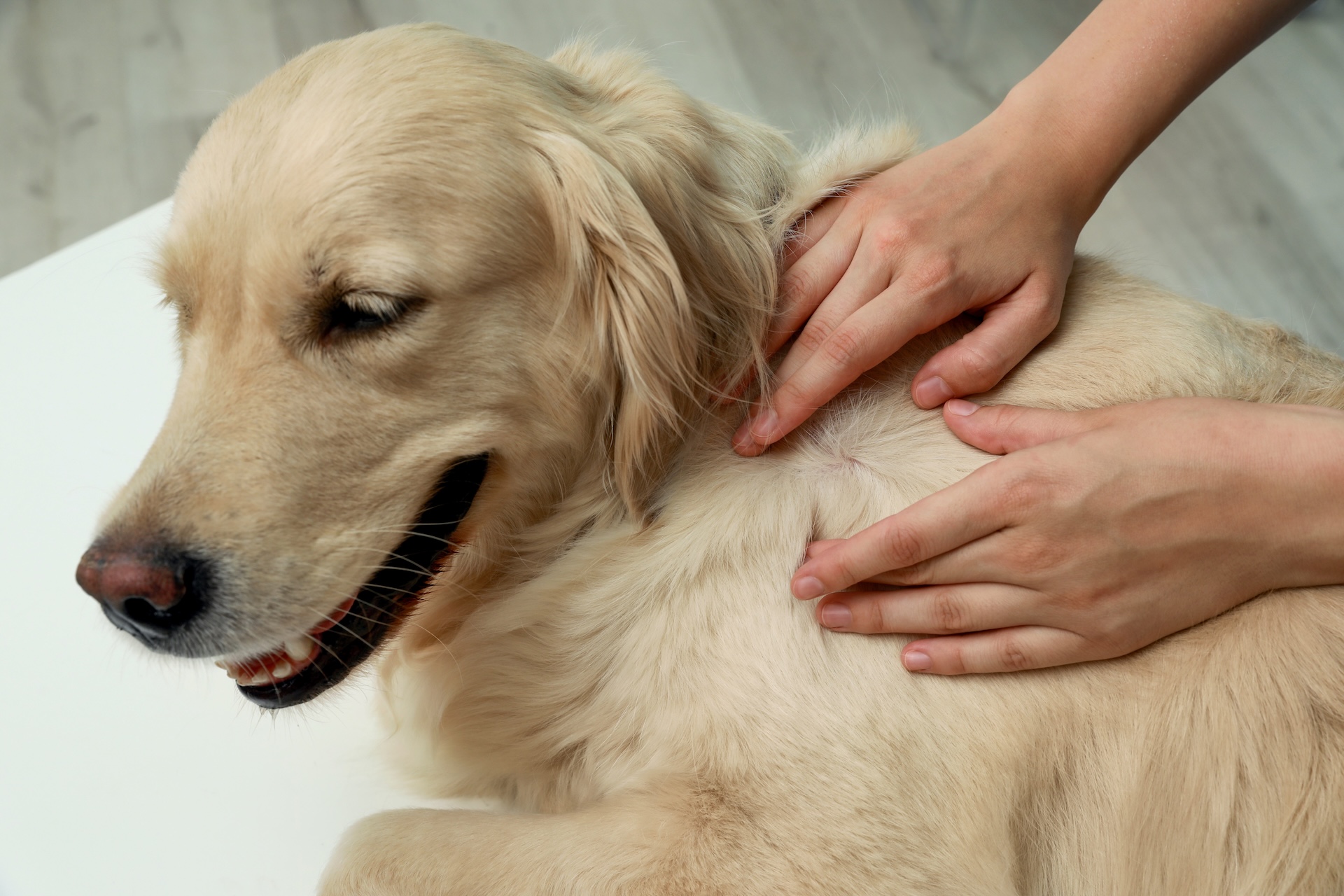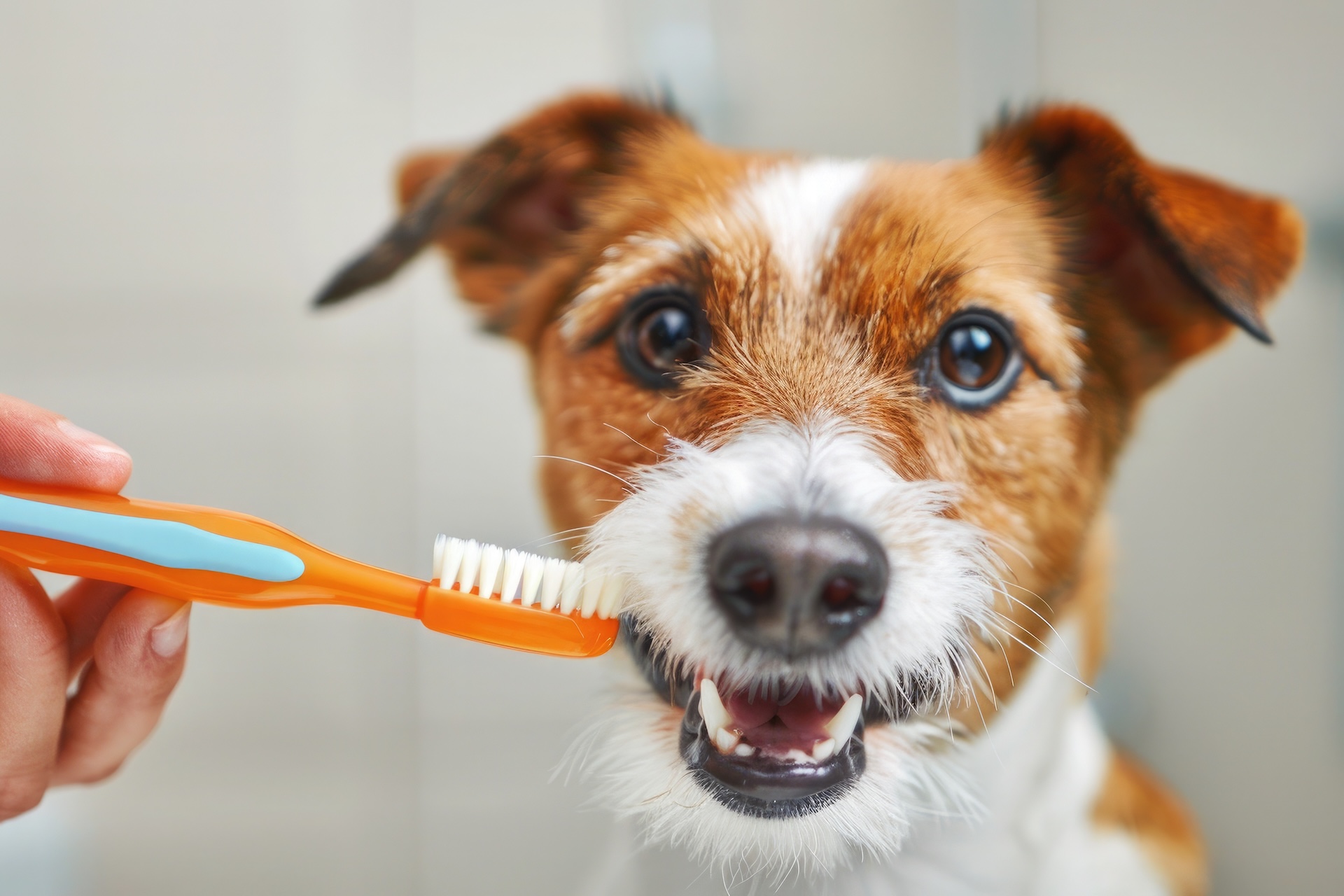Naju Pets | February 5, 2025

Dogs have an incredible sense of hearing, capable of detecting frequencies and sounds that are entirely imperceptible to humans. This ability is both a gift and a challenge. While their acute hearing helps them sense danger and communicate, it also makes them vulnerable to discomfort or fear caused by certain noises.
From the roar of a vacuum cleaner to the explosive cracks of fireworks, sounds that dogs hate can turn an ordinary day into a stressful experience. These sounds aren’t just annoying—they can affect your dog’s behavior and overall well-being.
In this article, we’ll dive into the most common noises dogs hate, uncover the reasons behind their reactions, and provide tips to help your furry friend feel calm and secure.
Why Are Dogs So Sensitive to Sounds?
Dogs’ hearing is finely tuned, making it one of their most impressive senses. They can detect frequencies between 40 Hz and 60,000 Hz, far surpassing the human range of 20 Hz to 20,000 Hz. This sensitivity allows them to hear high-pitched noises and distant sounds that we cannot, but it also means that loud or high-frequency noises can quickly become overwhelming.
Common Sounds That Dogs Hate
Dogs react differently to various noises, but there are some sounds that dogs hate pretty universally. These noises often combine factors like loudness, unpredictability, or high frequencies that are uncomfortable for dogs’ sensitive ears.
1. Vacuum Cleaners
If your dog barks or bolts when the vacuum cleaner starts up, you’re not alone. To dogs, vacuums are loud, unpredictable, and downright alien. The constant hum overwhelms their sensitive ears, and the erratic movements make it seem like a threat. Some dogs even try to “attack” vacuums, thinking they’re protecting their home from this noisy invader!
2. Fireworks and Thunderstorms
The sudden booms and cracks of fireworks and thunder are some of the most distressing noises dogs hate. These sounds are not only loud but also unpredictable, making it hard for dogs to feel secure. Additionally, the flashing lights and vibrations during storms or fireworks events can heighten their anxiety.
3. Alarms and Sirens
High-pitched, repetitive sounds like smoke alarms, car sirens, or ambulance wails can irritate or even scare dogs. These tones fall within a frequency range that dogs perceive more sharply than humans, often triggering stress or confusion.
Every dog is unique, and their tolerance to noises can vary. While some may barely react to a vacuum cleaner, others might find even subtle noises unsettling. In the next section, we’ll explore why dogs react the way they do to certain sounds.
Why Do Dogs Hate Certain Sounds?
Dogs’ intense reactions to certain noises aren’t random—they’re shaped by their biology and instincts. Some sounds tap into a dog’s fight-or-flight response, while others simply overwhelm their highly sensitive hearing. Let’s break down the main reasons why specific noises cause discomfort for so many dogs.
1. Sounds That Feel Like Danger
Sudden, loud noises like thunder, slamming doors, or even a dropped object can mimic threats dogs would avoid in the wild. For example, a thunderclap might sound like a looming predator or a falling tree, triggering a stress response. This is why your dog might bark, hide, or cling to you when startled by unexpected sounds.
2. Noises That Overwhelm Their Senses
As mentioned, dogs hear more frequencies than humans, which means certain high-pitched sounds, like alarms or squeaky toys, can be sharp and unpleasant. Repetitive droning, such as the hum of a vacuum cleaner or leaf blower, isn’t just annoying—it can feel relentless and impossible for dogs to tune out.
3. Lack of Familiarity
For many dogs, unfamiliar sounds are simply unsettling. A hairdryer or a car alarm may not resemble anything they’ve encountered in nature, making it difficult for them to process or ignore. To a dog, these sounds might seem like strange intrusions, and their response is often rooted in instinctive caution.
How to Help Dogs Cope With Annoying Noises
Helping a noise-sensitive dog feel more secure starts with understanding their triggers and making thoughtful adjustments to their environment and routine. Here are some practical strategies to reduce stress caused by noises dogs hate.
1. Make Environmental Adjustments
Creating a safe and quiet space can make a world of difference for a dog overwhelmed by loud or unpredictable sounds. During fireworks or thunderstorms, try these tips:
- Set up a Quiet Zone: Choose an insulated room, away from windows and doors, to minimize exposure to loud noises. Adding a blanket over their crate or bed can create a cozy retreat.
- Use White Noise or Calming Music: Playing gentle music or a white noise machine can help drown out dog sounds like sirens or thunder, making the environment feel calmer.
- Block Out Visual Stimuli: For events like fireworks, close blinds or curtains to reduce the flashing lights that often add to the noise stress.
2. Try Desensitization Techniques
Desensitization is a gradual process that helps dogs get used to triggering sounds at their own pace. Here’s how to try it:
- Start by playing a recording of the sound (e.g., thunder, fireworks) at a very low volume.
- Pair the sound with positive experiences, like treats, praise, or playtime, so your dog associates the noise with good things.
- Gradually increase the volume over several sessions, always staying below the threshold where your dog shows fear or stress.
This approach works best with patience and consistency. If you’re unsure how to start, a professional trainer or behaviorist can provide guidance.
3. Seek Professional Help When Needed
For dogs with severe noise anxiety, consulting a veterinarian or certified behaviorist is often the best course of action. They can recommend:
- Calming Aids: Pheromone sprays, anxiety wraps, or calming collars designed to help dogs feel more secure.
- Medication: In extreme cases, vets might prescribe medication to help manage stress during high-anxiety situations, like fireworks or storms.
Addressing your dog’s sensitivity to noises dogs hate isn’t about eliminating every sound—it’s about helping them build confidence and feel safe, even in noisy environments. With time, patience, and the right support, most dogs can learn to cope more comfortably.
Helping Your Dog Feel Safe and Happy
It’s important to remember that dogs, just like humans, have their own set of sounds they can’t stand—only their sensitive hearing makes the experience even more intense. Considering how many noises exist in our environments at home, it’s amazing how well-adjusted they are!
By taking the time to understand your dog’s reactions and making a few thoughtful changes, you can significantly reduce their stress. Whether it’s creating a quiet space, using desensitization techniques, or seeking professional help, the key is to be patient and proactive.
At NaJu Pets, we know how much you care about your dog’s happiness and well-being. If your furry friend is sensitive to certain sounds and you’re planning to board them , have them groomed, or bring them to daycare, we’re here to help. Let us know their needs so we can create a stress-free environment where they feel safe and secure.
With the right approach, even the noisiest world can become a peaceful place for your dog. You’ve got this—and your pup will thank you for it!
FAQs on Sounds That Dogs Hate
What are the most common sounds dogs hate?
- Provide a concise list (e.g., vacuums, thunderstorms, fireworks).
Why do dogs hate vacuums so much?
- Mention their loudness, unpredictable motion, and strange smell.
Can I train my dog to tolerate loud sounds?
- Introduce the concepts of desensitization and counter-conditioning.
How do I know if my dog is stressed by noise?
- Share signs like pacing, hiding, or barking excessively.
What can I do if I can’t eliminate the noise?
- Suggest practical solutions, like calming tools and safe spaces.
Conclusion: Helping Your Dog Feel Safe and Happy
- Reiterate that understanding and managing sounds dogs hate is key to reducing stress.
- End on a positive note, emphasizing that with the right approach, dogs can feel safe and secure even in noisy environments.


